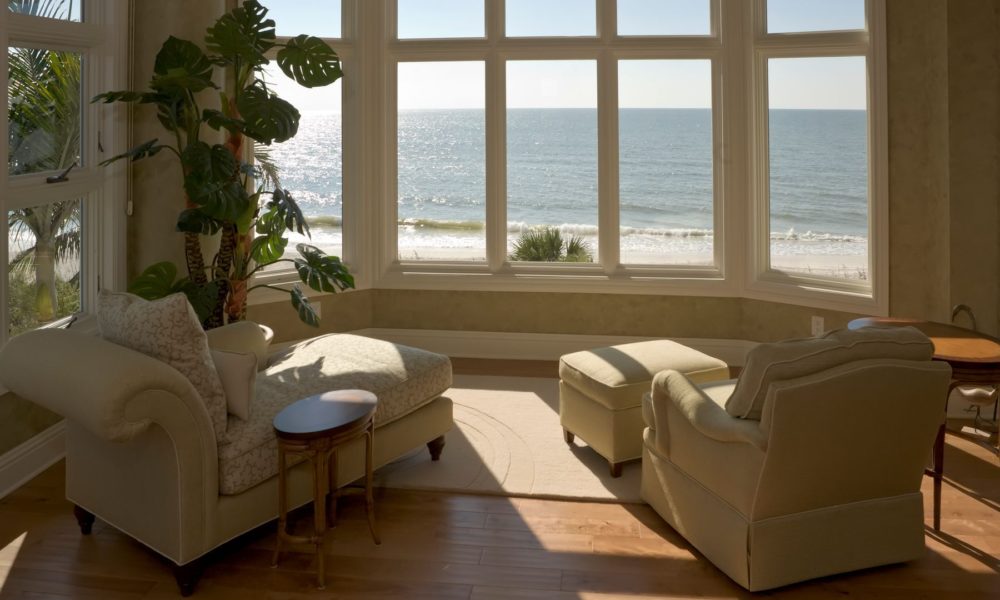Florida vacation rental owners and neighborhood residents often have opposing perspectives. Investment property owners may want or need their units to be rented as much of the year as possible to realize a profit. By contrast, community residents are committed to protecting the quality of life where they live. For neighborhood residents, having to live alongside short-term rentals while random tenants come and go can sometimes create conflict. In the past, rental owners have resisted state regulation of their property ownership. Still, they have had to abide by local and municipal governance. In the Village of Wellington, these properties may be in for some further developments. Is Wellington changing the rules on vacation rentals?
Wellington’s New Vacation Home Rules
In August, the Wellington Village Council considered new rules related to vacation rentals that would limit the occupancy of these properties and impose parking restrictions. The Village Council reportedly unanimously voted to approve a new ordinance that restricts vacation rental use to two people per bedroom, except for children age three or younger. Guests may only have one vehicle per bedroom overnight with a maximum of four total, not including those parked inside garages. Cars parked outside of the garage must go in a parking apron, driveway, or another designated area. Vacation properties with more than four bedrooms that are located on an acre of land or more can have an additional vehicle per added bedroom.
Why Did the Village Council Make these Changes?
In June of last year, a house in an ordinarily quiet Wellington neighborhood made headlines after an out of control party led to one arrest and hundreds of teens running loose in the area. According to one report, the short-term rental located at 11600 block of Anhinga Drive had been used as a “party house” several times in the past. Other Wellington vacation properties had also reportedly been used for large, loud gatherings that disrupted the peace of their surrounding communities.
Short-term rentals were initially banned in Palm Beach County during the coronavirus pandemic. However, this restriction was lifted in late August. The Council’s vote came just in time to prevent large groups from using Wellington’s short-term rentals. Wellington’s changes were also closely timed with Airbnb’s announcement that it is now limiting occupants to 16 people all of its listings. The popular short-term company’s recent move directly responded to renters having unauthorized gatherings.
Objections to the New Ordinance
According to a recent report, the village received some opposition to one aspect of the ordinance. The ordinance requires that Wellington vacation property owners check a renter’s status on the national sex offender registry. Some of the people making remarks during the public commentary period appeared to believe that the proposed ordinance would ban owners from allowing sex offenders to stay in their properties. However, Wellington’s municipal code already prohibits renting a property to a person on the registry within 2,500 feet of a school. The new ordinance would require owners to take the extra step of checking the registry before renting and then to comply with the distance requirements that are already in place.
Contact the Florida Board Certified Real Estate Attorneys of Rabideau Klein
At Rabideau Klein, we have extensive experience handling multi-million-dollar transactions for high-end residential and commercial real estate in Palm Beach County. David E. Klein, Esq. and Guy Rabideau, Esq. are also Florida Bar Board-Certified Real Estate attorneys with the expertise and experience you need to protect your interests during your Palm Beach County luxury real estate matter. Contact Rabideau Klein today to discuss your Palm Beach real estate legal needs.

